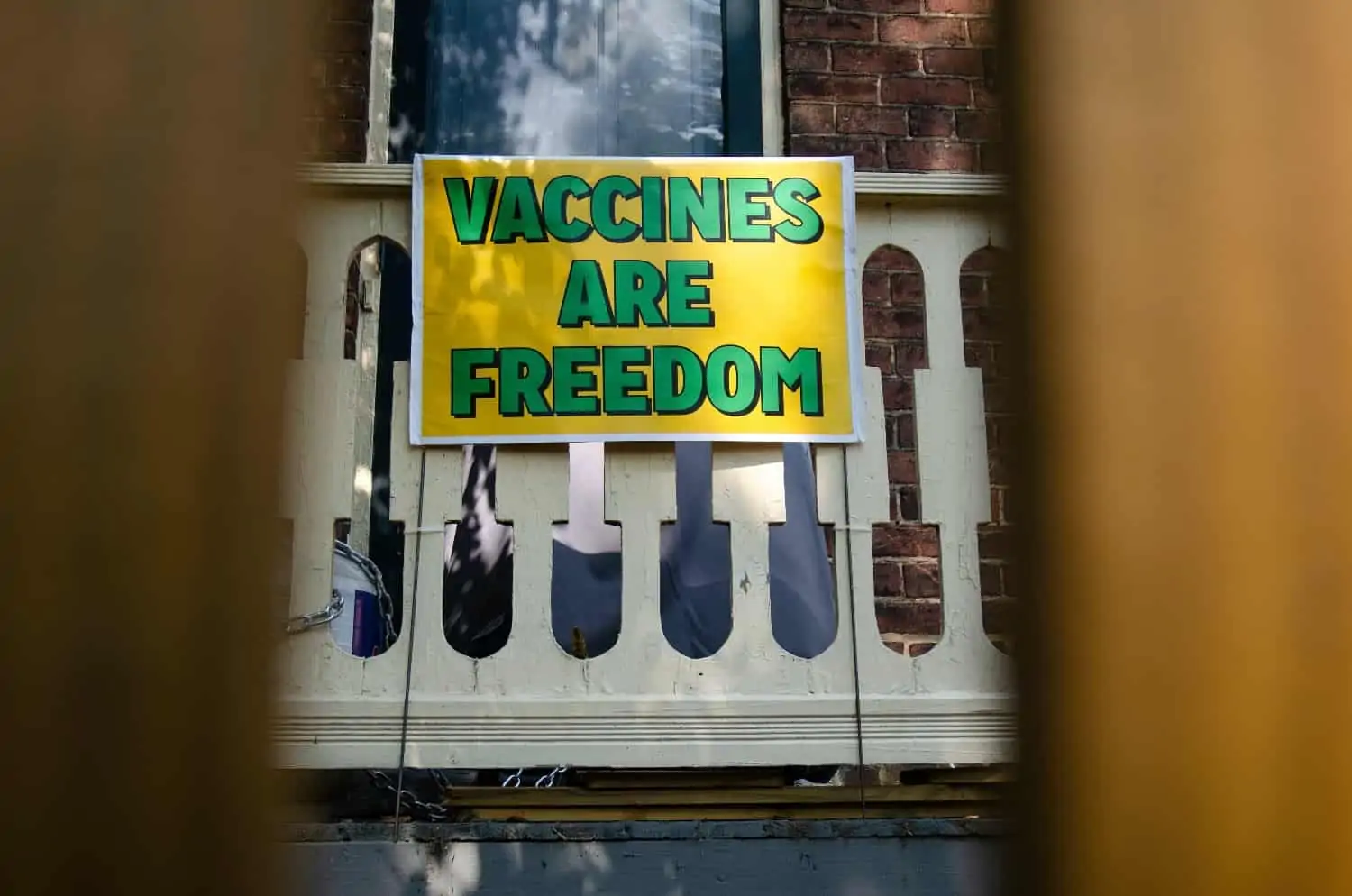Timothy A. Carey, University of Global Health Equity
Numbers are extremely useful for succinctly conveying important information. Of course, all quantification, including statistics, has its limitations but it also has valuable advantages. The key is to make sure that the most relevant numbers are being used and prioritised appropriately.
It is straightforward to obtain statistics about the percentage of people vaccinated in any particular country or region as well as the number of deaths or tests there have been. US president Joe Biden reports being proud at having donated nearly 140 million vaccines to over 90 countries.
What matters most, though, is not the absolute number of vaccines that have been distributed or how countries are positioned on the global vaccination league ladder. It is the number of vaccines relative to need that have been made available and the number of vaccinations in the most vaccinated country relative to the number of vaccinations in the least vaccinated country.
The COVID war will be won or lost on the equity battlefield. And equity is a relative, not an absolute, matter.
Income inequity is a great illustration of the importance of relativity when inequity is being considered. Income inequity, for example, is not about the total wealth of a nation, but how that wealth is distributed. It is about the gap between those with the most and those with the least. The Gini coefficient is a metric from economics that represents the income inequality in a nation or region. Gini ranges from 0 (perfect equality; everyone has the same income) to 1 (perfect inequality; one person has all the income). Like any metric, the Gini coefficient has its limitations. But it’s able to provide some information about the haves and the have-nots with regard to income in a particular jurisdiction.
As with income inequity, it is the gap that needs to be the primary focus of the COVID war. It is of very little comfort, for example, that Canada has a total vaccination rate per 100 people of 155.67 while Tanzania has a rate of 1.63. Nobody will be safe from COVID while vaccine inequity gaps of this magnitude exist. Where vaccine rates are low, the virus can continue to spread and proliferate. This increases the risk of more deadly and contagious variants appearing.
This is why the world needs something like a Gini coefficient to measure vaccine inequity. It can help identify the best places to direct efforts for the most prudent use of limited resources to ensure the global community has the vaccination coverage it needs to control COVID.
Illustrating the gap
In September 2021, I collected data on the total vaccinations per 100 people for 10 of the 44 countries of Europe and 12 of the 54 countries of Africa. I wanted to illustrate the value that a coefficient quantifying the gap might bring to our global deliberations. The countries were selected randomly. The slight difference in the number of countries selected was to keep the proportions approximately the same.
The data were illuminating and instructive.
The range for the European countries was from 32.49 total vaccinations per 100 people (Bosnia and Herzegovina) to 149.46 total vaccinations per 100 people (Spain). The median for these European representatives was 78.585 total vaccinations per 100 people.
For Africa, the range was from 0.57 total vaccinations per 100 people (Tanzania) to 150.04 total vaccinations per 100 people (Seychelles). The Seychelles is a spectacular outlier. The next highest African country had 26.34 total vaccinations per 100 people (Equatorial Guinea).
There are, no doubt, more sophisticated ways of quantifying a global vaccine disparity with a single metric. But it is a metric such as this that needs to be front and centre of the COVID battle strategy. Other metrics will then be helpful in a supplementary way, to identify where resources need to be concentrated to shift the gap metric in the direction we want.
The effectiveness of vaccination as a public health strategy will continue to be compromised while large numbers of the global community remain unvaccinated. The WHO strongly recommends that people “take up their offer of a vaccine when their turn comes”. Unfortunately, too few people’s turns are coming up fast enough. A ponderous approach to organising and arranging vaccine distribution is no match for SARS-CoV-2 and its rapidly expanding band of variants.
So, while the citizens of countries like Spain and the Seychelles might feel some comfort about the vaccination rates in their countries, it is a comfort of exquisite fragility while the current enormous disparity exists. A gap metric that represents the disparity might provide a more sobering message that could add extra incentive to overcome global inequity inertia.
A metric such as this might not be particularly complex. In previous research, I created an “efficiency coefficient” in psychotherapy research to complement the voluminous effectiveness metrification that occurs. The efficiency coefficient was simply the ratio of effect size to average number of sessions. In principle, it should be relatively straightforward to create an analogue of the Gini Coefficient that quantifies vaccine inequity from 0 (every region or country has their entire eligible population vaccinated) to 1 (1 region or country has their entire eligible population vaccinated and every other country or region has none of their eligible population vaccinated).
The most important war might not be with COVID at all. Perhaps the greatest conflict is coming to terms with the fact that when some stockpile valuable resources to the detriment of others, everyone loses. The number to monitor is the vaccine inequity gap.
Timothy A. Carey, Director: Institute of Global Health Equity Research, Andrew Weiss Chair of Research in Global Health, University of Global Health Equity
This article is republished from The Conversation under a Creative Commons license. Read the original article.
